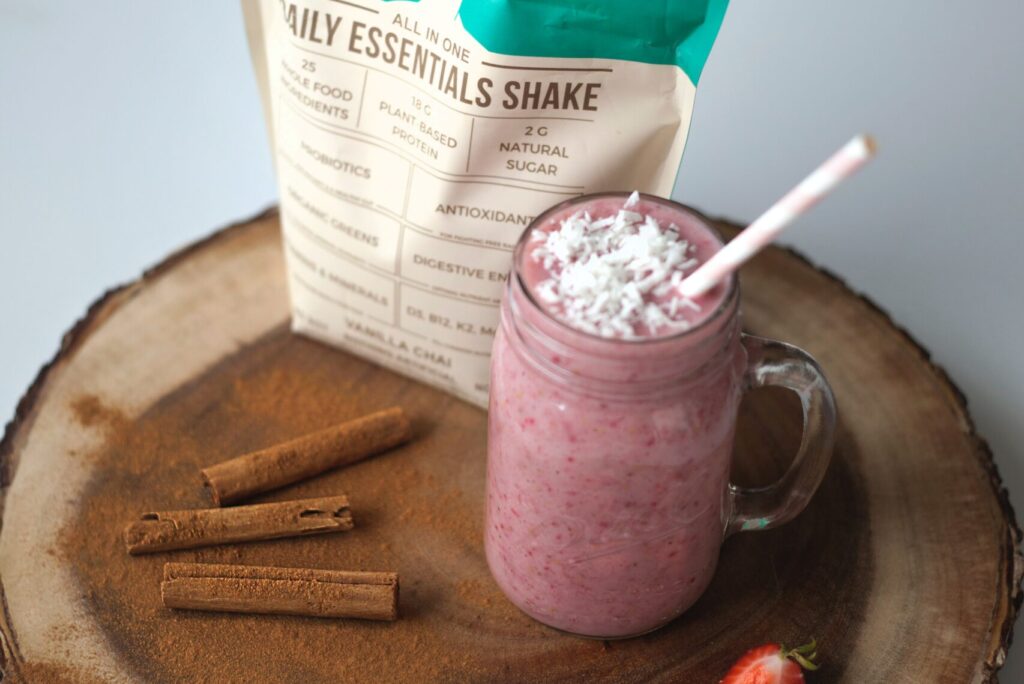Sugar, while a quick source of energy, has a complex relationship with our body, particularly when it comes to achieving fitness goals. Whether you’re aiming for weight loss, muscle gain, or improved athletic performance, understanding the impact of sugar consumption can help you make informed dietary choices. This article explores how sugar affects your body and offers strategies to manage your intake while striving for your fitness objectives.
Understanding Sugar:
Sugar occurs naturally in foods like fruits and dairy, providing essential nutrients alongside calories. However, added sugars, found in processed foods, beverages, and sweets, can have detrimental effects on health and fitness when consumed in excess.
1. Sugar and Weight Management:
Excessive sugar intake can lead to weight gain due to its high caloric content and its effect on insulin levels. Insulin regulates blood glucose levels but can also promote fat storage when consistently elevated by high sugar consumption. Reducing added sugars can help manage weight and reduce the risk of obesity.
2. Energy Levels and Performance:
While sugar can provide a quick energy boost, this is often followed by a sharp drop in blood sugar levels, leading to energy crashes that can impair workout performance. Balancing sugar intake with fibre, protein, and healthy fats can stabilize energy levels for more consistent performance.
3. Sugar’s Impact on Muscle Gain:
Building muscle requires adequate protein intake and overall caloric surplus. While sugars can contribute to the calorie count, they offer little nutritional value and can disrupt the balance of nutrients needed for muscle repair and growth. Focusing on nutrient-dense foods can support muscle synthesis more effectively.
4. Sugar and Recovery:
Post-exercise recovery involves replenishing glycogen stores and repairing muscle tissues. While carbohydrates are crucial for glycogen replenishment, relying heavily on sugary foods can lead to inflammation and hinder the recovery process. Choosing complex carbohydrates and combining them with proteins can improve recovery outcomes.
5. The Risk of Chronic Diseases:
High sugar intake is associated with an increased risk of chronic diseases, including type 2 diabetes and heart disease, which can significantly impact your ability to engage in regular physical activity and achieve long-term fitness goals.
Strategies for Managing Sugar Intake:
- Read Labels: Become familiar with nutrition labels to identify added sugars in foods and beverages.
- Choose Whole Foods: Focus on whole, unprocessed foods that are naturally low in added sugars.
- Understand Sugar Alternatives: While alternatives like honey, agave, or maple syrup may offer some nutritional benefits, they are still forms of sugar and should be consumed in moderation.
- Limit Sugary Drinks: Replace sodas, energy drinks, and fruit juices with water, herbal teas, or infused water to reduce sugar intake significantly.
- Balance Your Meals: Ensure meals are balanced with proteins, fats, and complex carbohydrates to stabilize blood sugar levels and control cravings.
While sugar plays a role in our diet, moderation is key, especially for individuals with specific fitness goals. By understanding the impact of sugar and making mindful choices, you can support your body’s needs, enhance your performance, and achieve your fitness objectives more effectively.
Evaluate your dietary habits and consider how sugar impacts your fitness journey. Making small, sustainable changes towards reducing added sugar intake can have a significant positive effect on your health and fitness goals. Share your strategies for managing sugar consumption or any questions you have in the comments below, and let’s support each other in our journey to better health.



